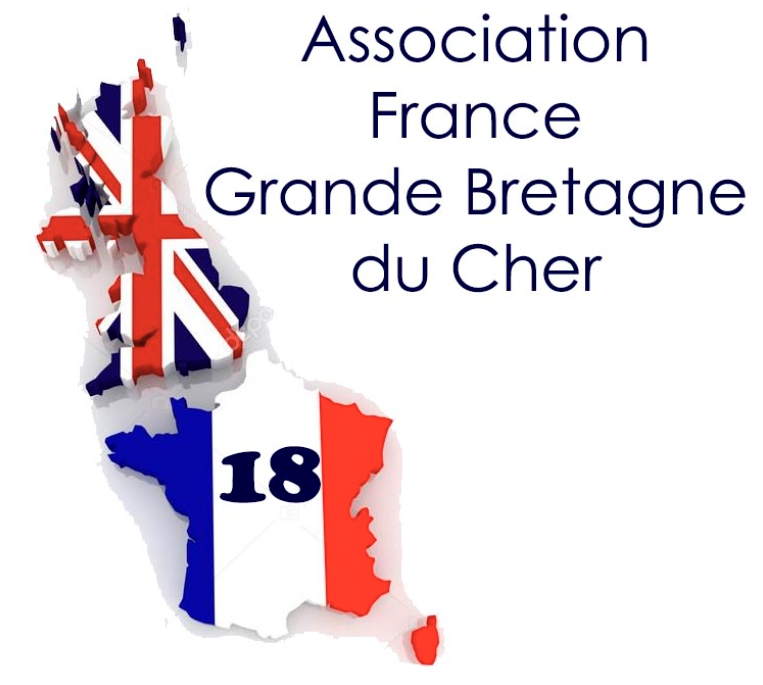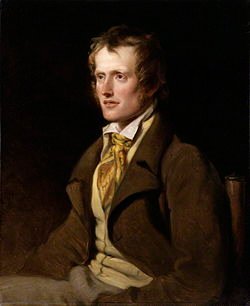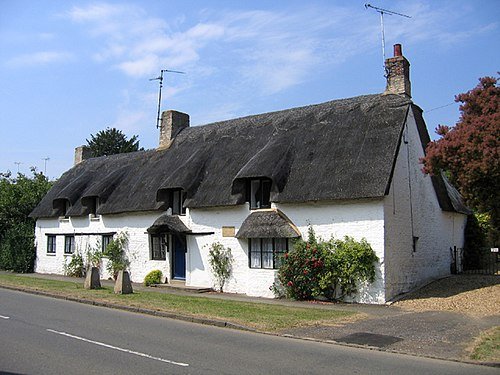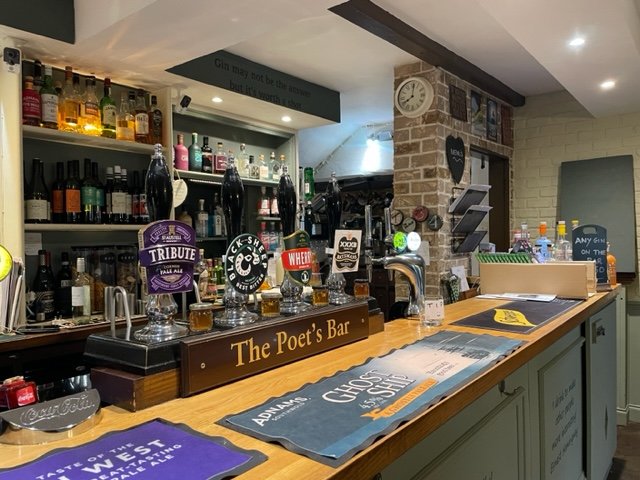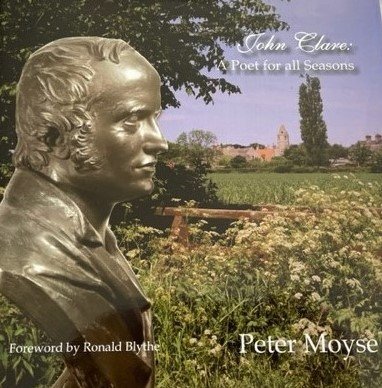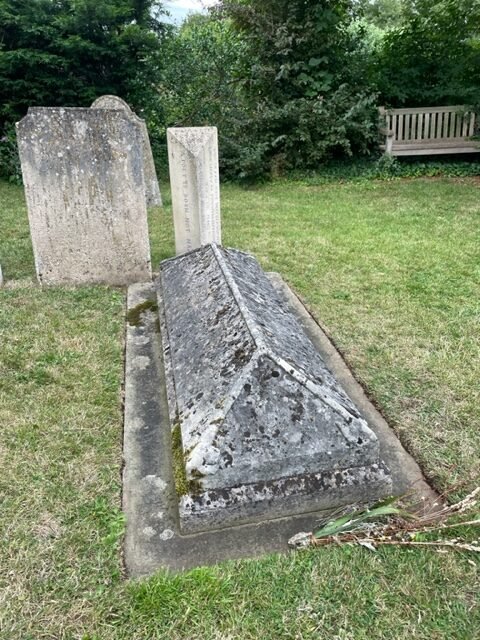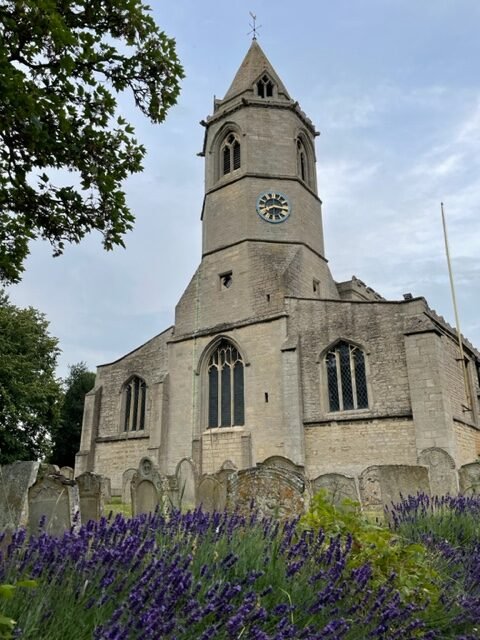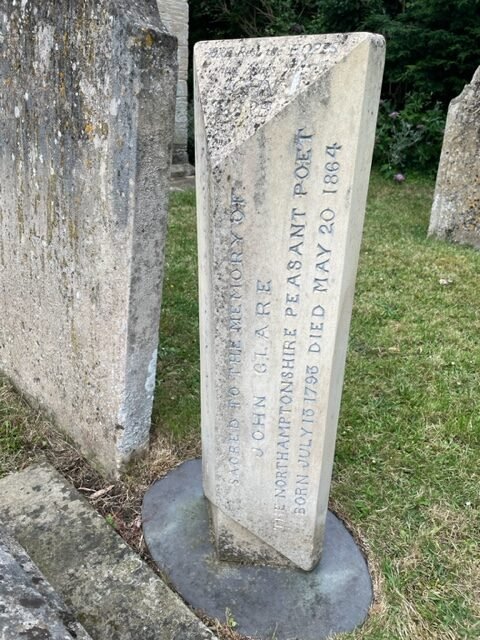Début juillet, notre association s’est rendue à Peterborough dans le cadre de ses échanges associatifs avec la PAFA. Certains adhérents ont eu l’occasion de visiter le charmant village de HELPSTON à quelques kilomètres de Peterborough. Ce village est célèbre pour avoir vu naître le poète JOHN CLARE. Il abrite un musée dédié au poète et sa tombe se trouve dans le cimetière autour de l’église
Voici un de ses poèmes:
« Now summer is in flower, and Nature’s hum
Is never silent round her bounteous bloom;
Insects, as small as dust, have never done
With glitt’ring dance, and reeling in the sun;
And green wood-fly, and blossom-haunting bee,
Are never weary of their melody ».
John Clare (13 July 1793 – 20 May 1864) was an English poet. The son of a farm labourer, he became known for his celebrations of the English countryside and his sorrows at its disruption. His work underwent major re-evaluation in the late 20th century; he is now often seen as a major 19th-century poet. His biographer Jonathan Bate called Clare « the greatest labouring-class poet that England has ever produced. No one has ever written more powerfully of nature, of a rural childhood, and of the alienated and unstable self. »
Clare was born in Helpston , 6 miles (10 km) to the north of the city of PETERBOROUGH on 13 July 1793. He was the elder of twins, but his twin sister died in infancy. In his lifetime, the village. His memorial, in the churchyard of Helpston, calls him « The Northamptonshire Peasant Poet ».
Clare became an agricultural labourer while still a child, but attended school in Glinton church until he was 12. In his early adult years, Clare became a potboy in The Blue Bell public house and fell in love with Mary Joyce, but her father, a prosperous farmer, forbade them to meet. Later, Clare was a gardener at. Burghley House He enlisted in the militia, tried camp life with Gypsies, and worked in Pickworth, Rutland, as a lime burner in 1817. In the following year, he was obliged to accept parish relief. Malnutrition stemming from childhood may have been the main factor behind his five-foot (1.5 m) stature and contributed to his poor physical health in later life.
His grave in the churchyard of Helpston
